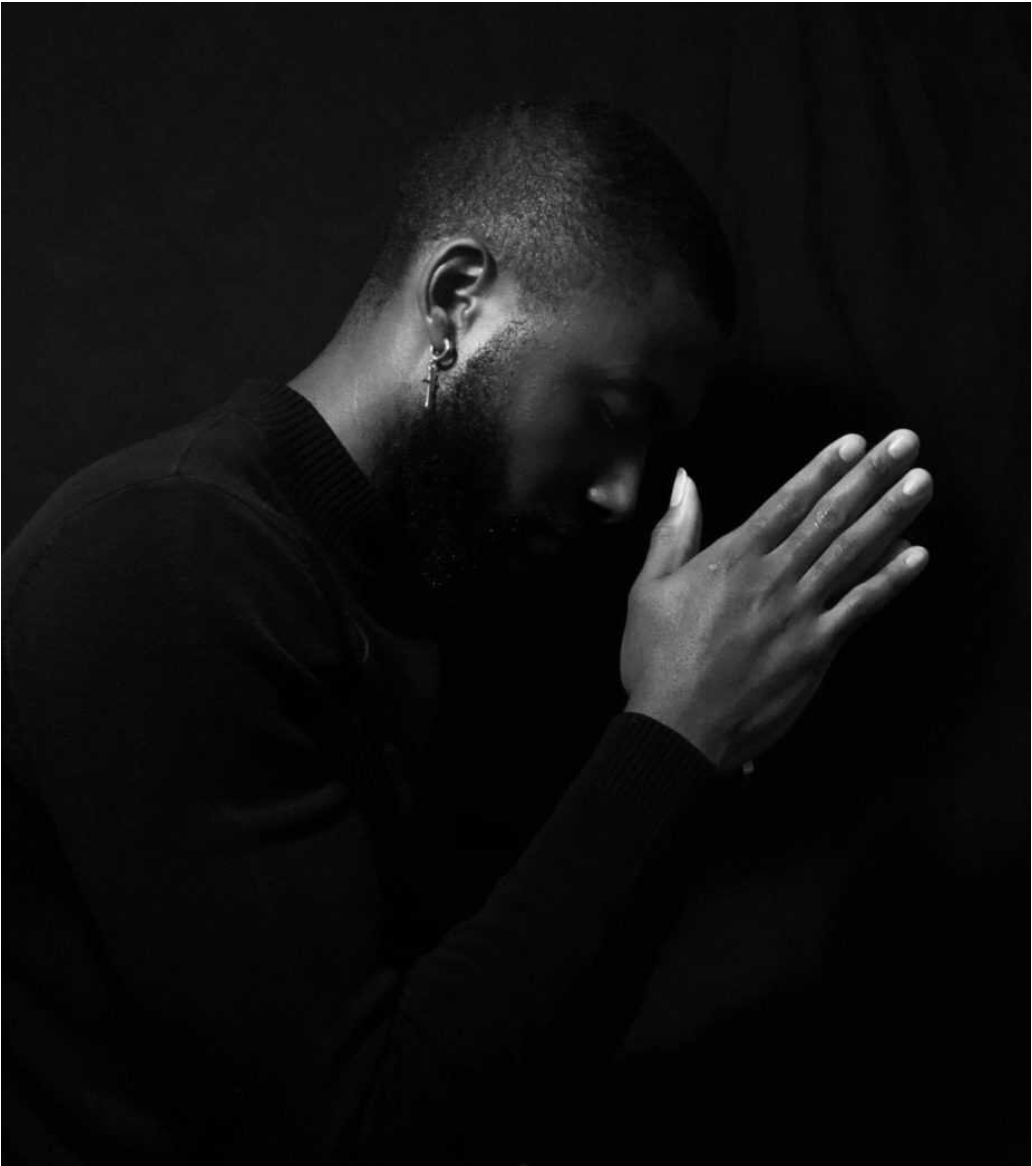A Need for Health and Wellness Sanctuary Groups
For the last four years, Building Blocks for Kids (BBK) has hosted two very special groups of women: Latina Sanctuary and African American Women’s Sanctuary. We implemented this support group model after learning from Richmond mothers that they yearned for a safe space; where they can recount the pains and struggles of being a mother and know that they will not be judged.
Sanctuary groups have allowed our participating Richmond mothers to mediate challenging life circumstances. Sanctuary has also served as a space to educate, build community, and support healing through the development of practical approaches to maintaining health for themselves and their families. BBK has learned and embraced that when individuals feel safe and accepted by others that these connections create moments of resiliency. Resiliency is the capacity to recover quickly from difficulties; toughness.
While mothers do bear a lot of the caregiving stress, men/fathers and first-second generation immigrants also face their own set of unique challenges.
Men/Fathers
While California women were more likely than men to experience serious mental illness, California men had rates of suicide three times higher than women. Women are more likely to receive service for their health needs than men who need service. Similarly, men sometimes have a harder time recognizing that they have mental health needs.
Though women are more likely to experience serious mental illness, there is one exception to this trend. Among African American Men, research demonstrates that black men experience greater psychosocial stressors than Black women and other racial and ethnic groups but are less likely to utilize professional mental health services because of their mistrust of the healthcare system and their need for more specialized and innovative services.
While the statistics are grim, there is hope. Research tells us that resources focused on positive coping and social support for Black men may reduce the likelihood of experiencing psychological distress leading to more severe mental disorders.
First-Second Generation Immigrants
As English speakers, first-second generations are highly depended on for interpretive services, navigating systems (including educational and health), and the co-parenting of younger family members. On top of the assigned and assumed responsibilities, the first-second generations also struggle with balancing their parents’ immigrant culture and assimilating to the American Culture.
Immigration populations face barriers to mental health services due to language, culturally unaligned practices, and lack of resources (including financial). This results in the lack of education around mental health, high levels of distress with no aid, and high numbers of undiagnosed mental disorders.
The Future of BBK Health and Wellness & Sanctuary Groups
Given the success of women Sanctuary groups, we imagine a future where men and first-second generation sanctuary groups provide a safe place for West Contra Costa residents can learn about themselves and to gain the skills necessary to navigate their journey towards health. BBK is actively working to build the organizational capacity to host separate year-long sanctuary groups, but we cannot do this without you!
To learn how you can help lead the charge towards this change, consider joining us at our fundraising mixer on November 14, 2019, at Richmond CoBiz. We are also participating in Giving Tuesday on December 3, 2019, and welcome you to check out our Giving Tuesday page to learn more about how you can help strengthen the wellness culture!


